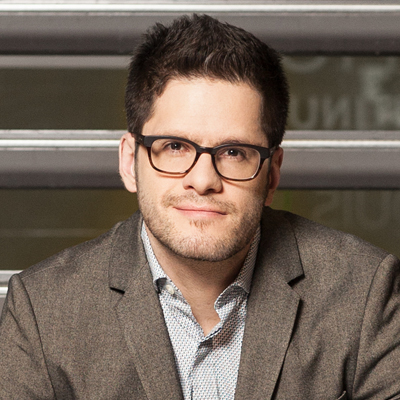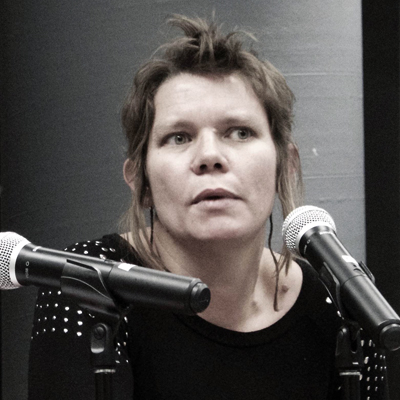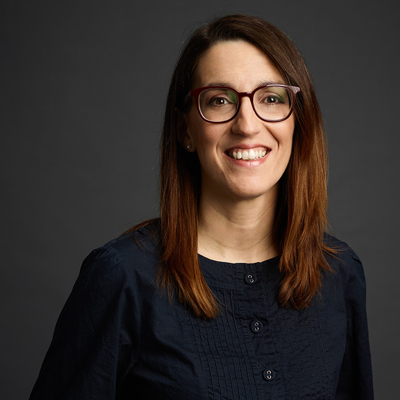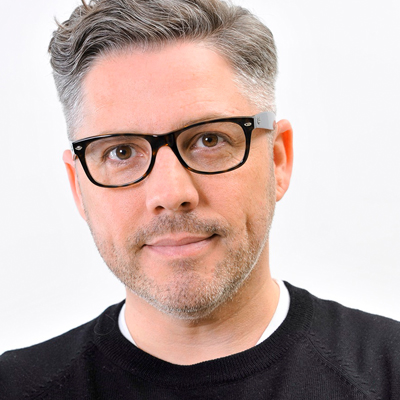The wide dissemination of unreliable and even misleading information contributes to a climate of mistrust towards the media and promotes civic apathy. It is part of a context of accelerated media transformation and raises questions about the ability of diverse audiences to critically analyze journalistic work and information.
The context within which the discussion of fake news takes place is unique. Traditional media are facing a major economic and political crisis. Public confidence in journalists has reached historically low levels, as the business models on which journalistic production is based collapse and policy makers fuel suspicion of "flagship" journalism institutions. This crisis unfolds as the spectrum of knowledge and skills needed for the critical evaluation of journalistic information expands and becomes considerably more complex. Such assessment now requires audiences to have research and information analysis skills, to master the basics of the political economy of information production and circulation within complex digital environments, to understand the workings of information distribution platforms, and to have some knowledge of journalistic standards and genres. The proliferation of fake news is therefore part of a crisis context in which we rediscover and reconsider the question of the skills needed for the critical analysis of journalistic work and information.
The Ending fake news event will incorporate these considerations and offer concrete recommendations for strengthening public policy and media education practices. It will bring together educators, journalists, policy makers, academics, activists, members of the public and experts during two days of activities.
These two days will aim to produce discussions that will go beyond the question of fake news to examine practices, policies, programs and tools developed in Quebec, Canada and the world in media education.
Organized activities will include an opening conference and two plenary sessions. Concurrent workshops will be conducted by facilitators to address the questions guiding this event and to provide concrete recommendations for media education. All presentations and discussions will be translated simultaneously into French and English.




